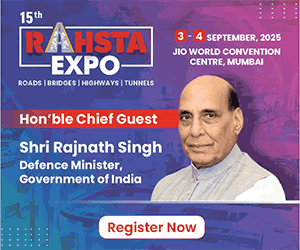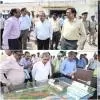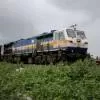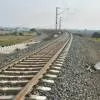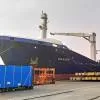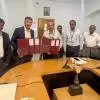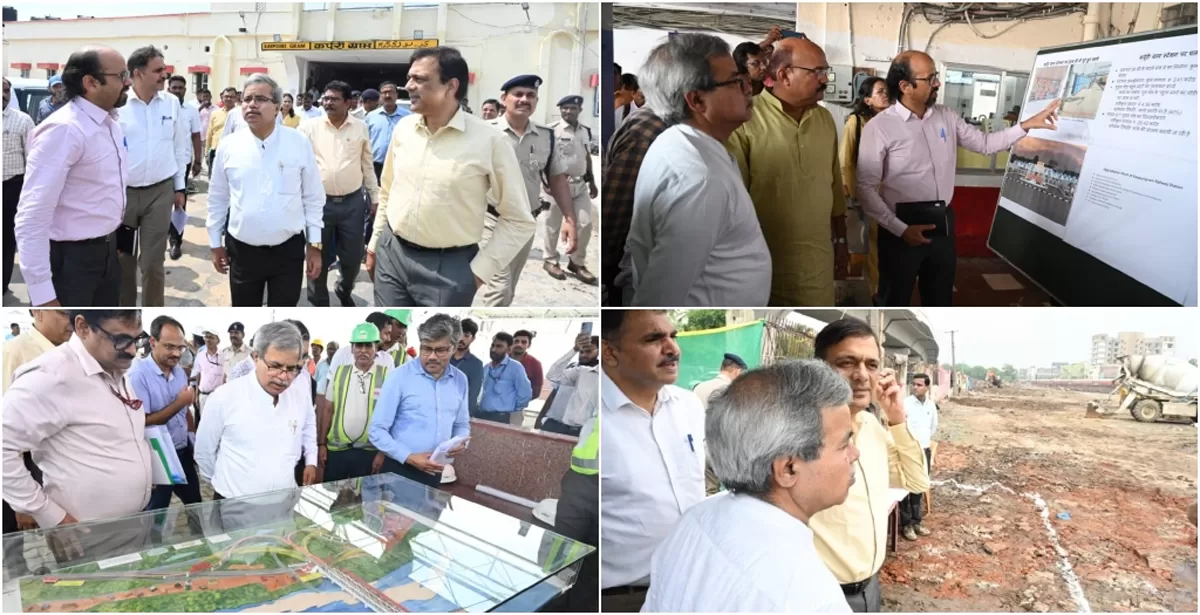
Railway Board Chief Reviews Key Bihar Rail Projects
Chairman and Chief Executive Officer of the Railway Board, Satish Kumar, conducted a window trailing inspection of the Rajendranagar Terminal–Rajendrapul–Karpurigram–Bapudham Motihari railway section on Thursday. The inspection focused on safety protocols, monsoon preparedness, signal visibility, track maintenance, ballast conditions, overhead traction, track alignment, and fittings. He was accompanied by General Manager Chhatrasal Singh and senior railway officials.Satish Kumar began the visit by reviewing the under-construction terminal platforms at Harding Park near Patna Junction. Th..
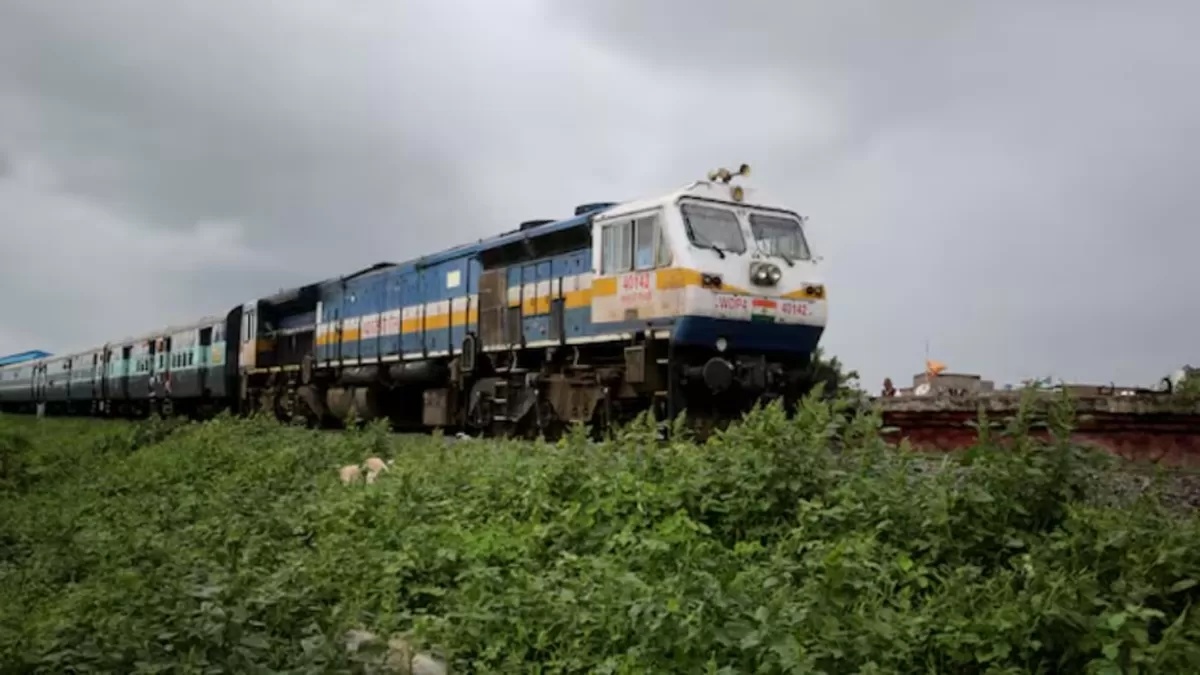
Railways Must Tap Lightweight Freight for Growth: FICCI-PwC
Consumer durables, FMCG products, electronics, e-commerce goods, automobiles, paper products, and pharmaceuticals continue to be transported primarily by road, and Indian Railways (IR) must recalibrate its operations and pricing strategies to actively target these fast-growing freight categories, according to a report by FICCI and PwC.The report, "Unlocking Growth: Railway Freight Portfolio Diversification in India", points out that coal, cement, and iron and steel account for nearly 70 per cent of the total freight volume moved by rail, indicating a heavy reliance on a limited set of commodit..
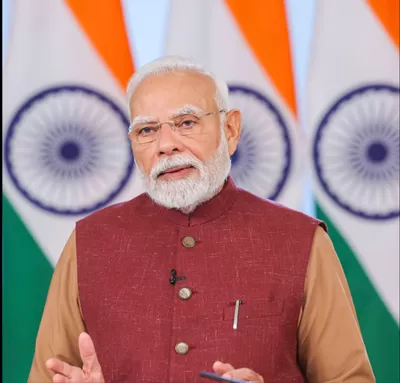
PM Modi Unveils Rs 120 Billion Projects in Bihar, Bengal
Prime Minister Narendra Modi is set to visit Bihar and West Bengal on Friday to inaugurate and lay foundation stones for a series of developmental initiatives totalling over Rs 120 billion.The projects include Rs 72 billion in Bihar and Rs 50 billion in West Bengal, with a focus on boosting connectivity, infrastructure, employment, rural livelihoods and digital growth. The Prime Minister will also address public gatherings in Motihari (Bihar) and Durgapur (West Bengal).In Bihar, PM Modi will launch initiatives across sectors including railways, roads, information technology, fisheries and rura..





